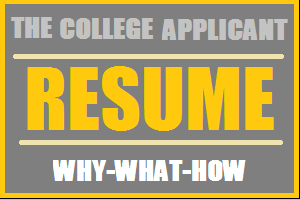1. Academic credentials
A majority of Canadian universities require you to have completed 16 years of education (12+4), i.e. a four-year Bachelor’s degree before applying for MS. This is applicable for students from technical backgrounds like Engineering, Pharmacy, and Architecture. For non-technical fields like Arts and Management, a student is required to complete 17 years of education (12+3+2).
Canadian universities have a very high cut-off percentage. Hence, you need to have a minimum of 70% to 75% in your degree course and an equivalent CGPA of a minimum of 7.5 to 8.5. Top universities especially, give a lot of emphasis on your performance in the last two years (i.e. the 3rd & 4th years) of your degree course.
If you are planning to pursue an MS in Business Management, Finance, or Business Analytics, you are required to have relevant work experience of minimum 1 to 3 years.
2. Qualifying examinations
TOEFL or IELTS: certain minimum English Language Proficiency Test scores are mandatory for admission to Canadian universities. A minimum IELTS band score of 6.5 to 7 or a minimum TOEFL score of 85+ is required by a majority of Canadian universities. At Dilip Oaks Academy, we offer TOEFL coaching and IELTS coaching along with rigorous practice sessions and mock tests.
3. GRE: Though a majority of universities in Canada do not require GRE scores, some of the top universities do, and so we recommend that you give your GRE if you aim to get into one of these universities. Our GRE Coaching will help you thoroughly prepare for the GRE exam. (hyperlink underlined words to GRE landing page)
We also offer Admission Counseling (hyperlink to Admission Counseling Masters in Canada page) through which we provide guidance on the selection of universities, application essays, and visa counseling.





